OMCs urge govt to address long-standing issues in petroleum sector
Oil Marketing Companies (OMCs) are once again voicing concerns about significant challenges facing the petroleum sector, urging the government to address long-standing issues that threaten supply chain sustainability and the industry’s financial health.
In a letter to the government and the Oil and Gas Regulatory Authority (OGRA), Oil Marketing Association of Pakistan (OMAP) Chairman Tariq Wazir Ali emphasised that despite ongoing discussions with relevant authorities, many critical matters remains unresolved, creating uncertainty for companies in the sector.
The communication reflects rising frustration within the OMC community over delays in decision making and a lack of clear policy direction. The letter highlights persistent issues related to pricing mechanisms, profit margins, taxation complexities and regulatory processes which continue to burden the sector’s performance.
The OMCs warn that without timely government intervention, the stability of fuel pressing concern.
Ali pointed out that the sector has shown patience despite mounting financial pressures. “Companies are vital in ensuring uninterrupted fuel availability, but we cannot sustain operations indefinitely under current policy uncertainties.
There needs to be clarity and fairness in the regulatory framework for the industry to effectively serve both government and consumers”, he stated.
He also noted the significant investments have already been made in the sector, including Rs81 billion in storage facilities accounting for nearly half of the country’s total capacity and Rs75billion in retail networks and other assets. He further said that the investments have enhanced market competitiveness and consumer access.
Ali urged regulatory bodies to recognise the limitations of existing mechanisms and foster collaboration to ensure a stable supply chain.
He warned that the current environment makes it increasingly difficult for OMCs to operate profitably while being expected to maintain nationwide availability of petroleum products. He also said “this delay pressure is not sustainable and we urge the government to address our concerns without further delay”.
In response to the letter, an OGRA spokesperson clarified the organisation’s role, stating “OGRA actively reviews and resolves industry issues within its purview. However, many issues fall under the domain of federal policy, which is outside OGRA’s jurisdiction”.
This distinction highlights the difference between regulatory functions and policy making responsibilities, which can often lead to misunderstandings within the industry.
Ali, however, called for cooperation between the regulatory and the government asserting that a disjointed approach results in delays and confusion that directly impacts market stability.
Industry stakeholders believe that the challenges facing the petroleum sector are indicative of broader governance and policy coordination issues within the economy.
Without a concerted effort, OMCs fear that their operational capacity and the reliability of fuel supplies could be compromised. As the stakes rise, the industry’s appeal for immediate attention from policymakers is expected to gain momentum in the near future.
For the latest news, follow us on Twitter @Aaj_Urdu. We are also on Facebook, Instagram and YouTube.















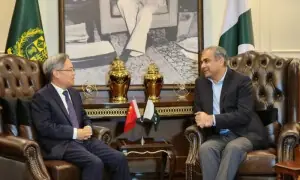
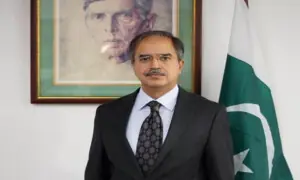


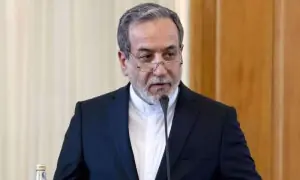


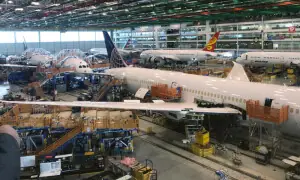

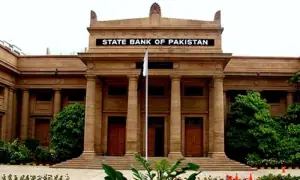
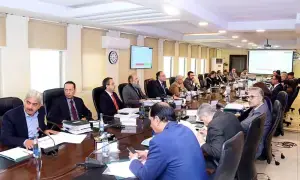
Comments are closed on this story.